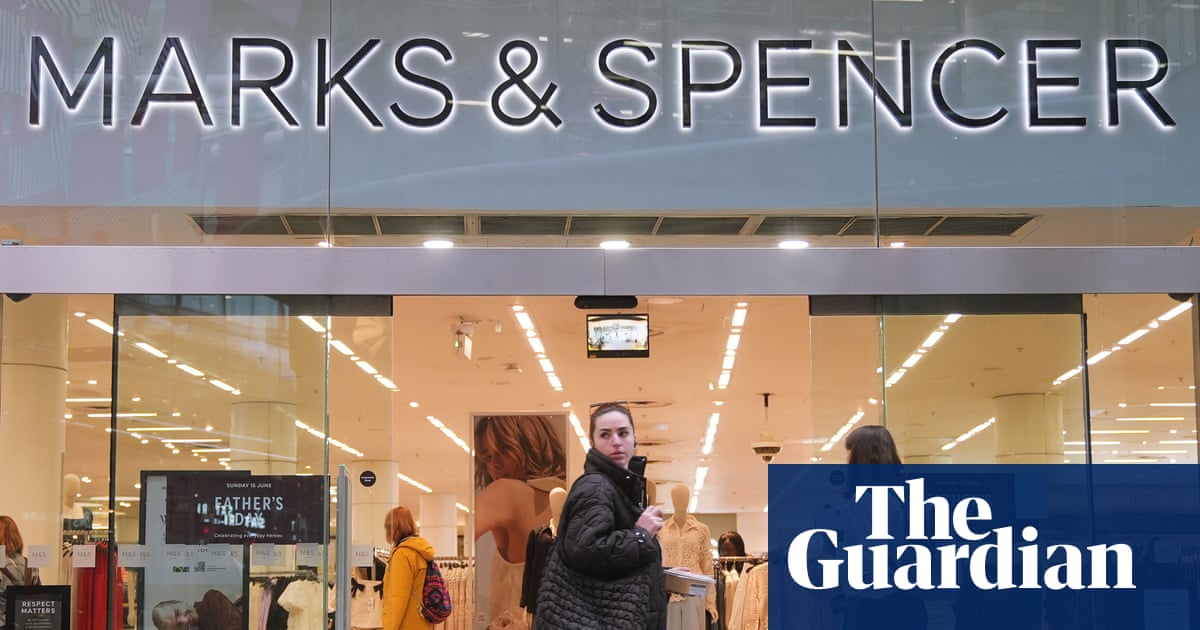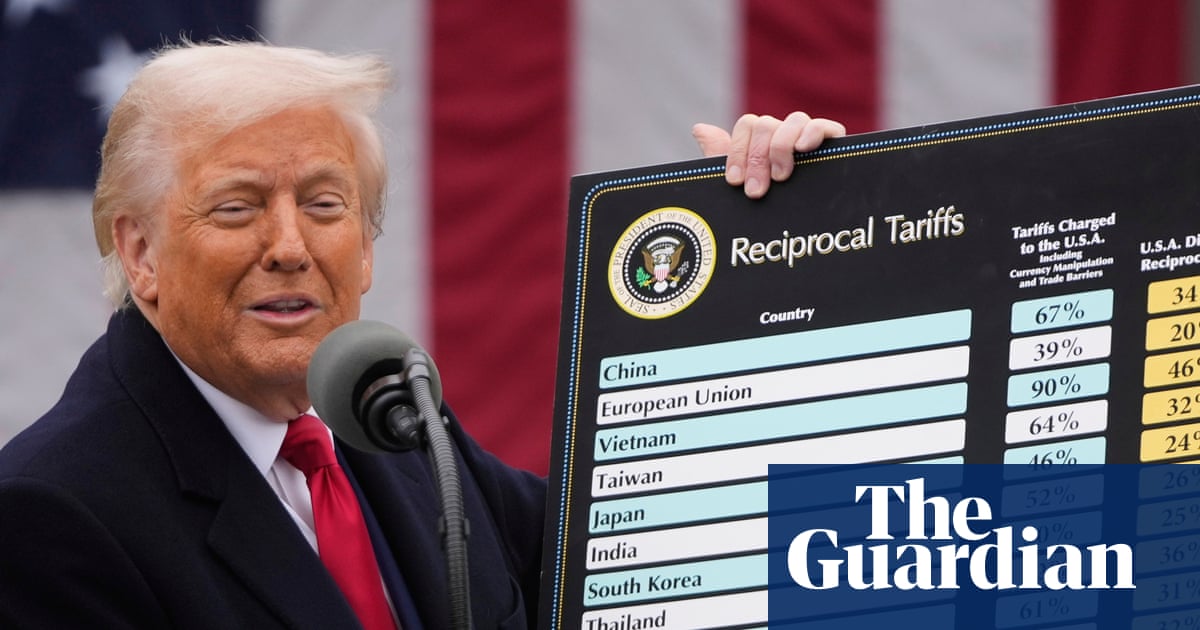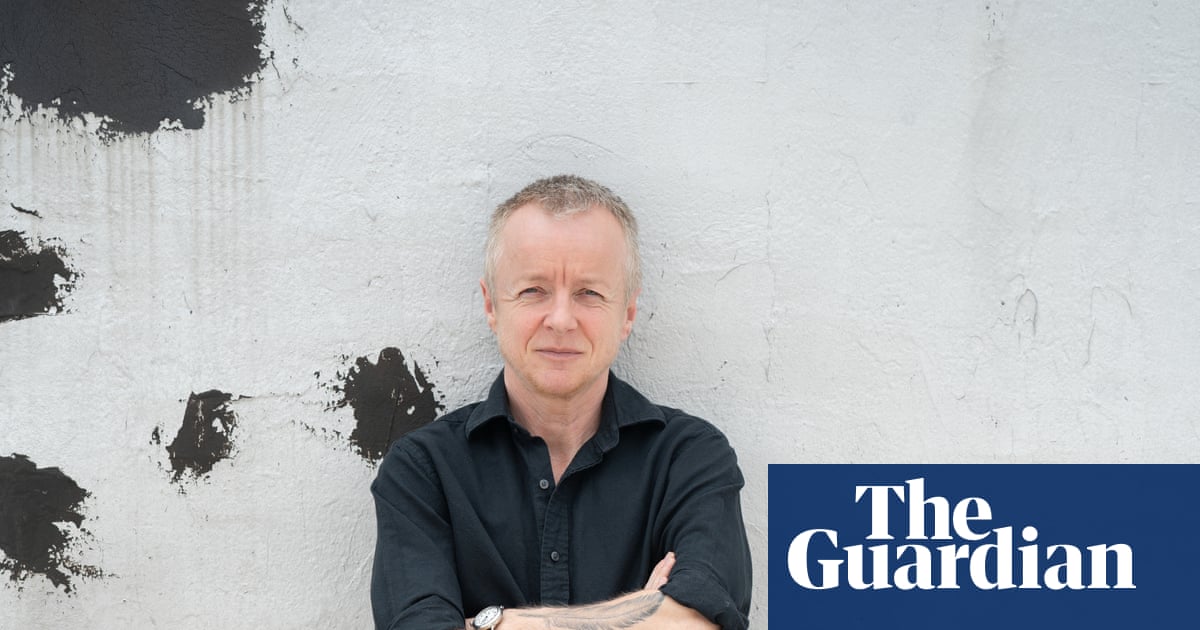Compare and contrast. Here is the opening line in the government’s response to news that the US pharmaceutical company Merck is scrapping its £1bn research centre in King’s Cross in London because it thinks the UK is not an internationally competitive venue. Whistling cheerfully, the Department for Science, Technology and Innovation managed to claim: “The UK has become the most attractive place to invest in the world.”
And here is Sir John Bell, former regius professor of medicine at the University of Oxford and all-round grand guru of life sciences in the UK. He told Radio 4 he had spoken to several chief executives of large pharmaceutical companies in the past six months “and they’re all in the same space, and that is, they’re not going to do any more investing in the UK”.
Who to believe? Frankly, the government’s boast is absurd. As anybody who follows the pharma sector knows, the big multinational firms are all obsessing over precisely the issues identified by Bell.
The first is the amount of money the UK spends on medicines: 9% of its healthcare budget, versus 17% in Germany and Italy and 15% in France. The second is the “clawback” mechanism that caps the NHS’s spending on prescription medicines. The formula last year spat out a figure of 23% to be recouped from firms, whereas equivalent European schemes tend to be in single digits. Such out-of-line ratios deter investment, goes the industry’s argument.
One possible reaction is to say big pharma makes big profits and the government is only doing its job if it tries to drive a hard bargain on drug prices. Another is to point out that the UK still has excellent long-term research and development infrastructure – world-class labs, universities, pots of public money for manufacturing – that even the most commercially minded pharma company ought to view separately from a quarrel over the price the NHS pays for medicines.
Sadly, real life is not so simple. The Trump factor, as described in this column a couple of weeks ago, has changed the dynamic. The president is demanding that US drug prices fall towards European levels; thus the companies do not want the UK, which has traditionally been able to force some of the lowest prices among rich European countries, to be used as a reference point. One can accuse the drugmakers of being ruthless or shortsighted, but the cold reality is that they choose where to invest. The Merck example suggests that the mood is genuinely hardening.
The company is not a fly-by-night operator. It has been in the UK for almost a century and is a big commercial presence in the Francis Crick Institute, one of those pieces of valuable infrastructure that, supposedly, was meant to tie firms into the UK. Government ministers comforted themselves that Merck is keeping 1,600 jobs in the UK and will continue to run clinical trials here. But the lifeblood of the life sciences is new investment. Merck is pulling the plug on a building that is half-built; other companies’ investments that, invisibly, don’t happen are just as damaging over time.
As previously argued, one can sympathise with Wes Streeting, the health secretary, who walked away from price negotiations by the pharma trade body last month. He inherited tensions that are a decade old and the new US factor has raised the stakes massively. Then there is the complication of official “value for money” criteria for new medicines that have not changed since 2001 (the industry’s other big complaint). The backdrop is the Treasury’s budget constraints. There is no easy answer.
after newsletter promotion
But a good first step would be to stop officials making silly statements about the UK being the best place in the world to invest. Yes, there are underlying strengths – the ministerial pitch about the UK becoming “a life sciences superpower” isn’t completely dreamy. But Bell is right when he says “without large companies, it isn’t going to work”. At the moment, it isn’t working.

 1 month ago
65
1 month ago
65

















































